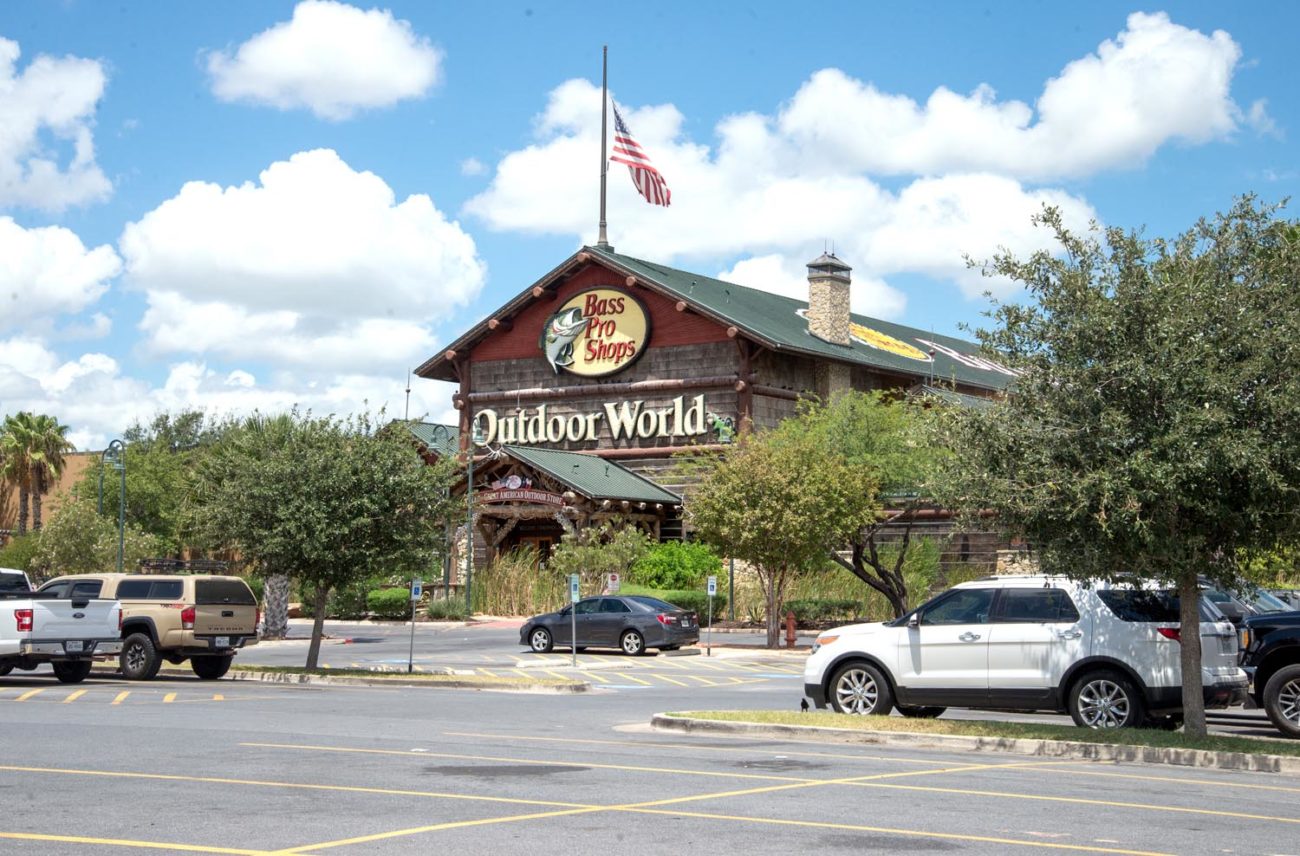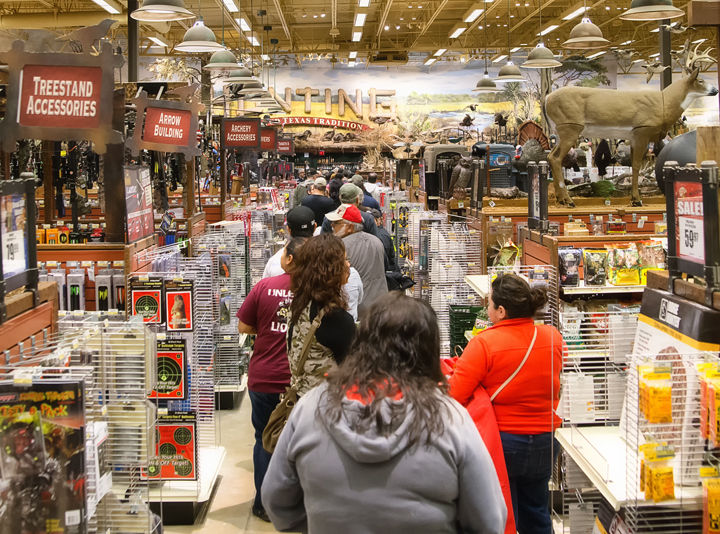|
Only have a minute? Listen instead
Getting your Trinity Audio player ready...
|

HARLINGEN — While former Mayor Chris Boswell stood behind a 2010 deal that helped land Bass Pro Shops, former Commissioners Jerry Prepejchal and Joey Trevino questioned parts of the agreement leading to a $4.4 million purchase at an 8% interest rate.
After an eight-month legal battle, the city’s new commission and developers 83/77 Properties entered into a settlement allowing the city to pay off the debt within four years, Commissioner Daniel Lopez said last week.
In 2010, a previous commission entered into an agreement with 83/77 Properties after about nine months of negotiations, Boswell, who served as mayor at the time, said Tuesday.
Looking back on the deal, Boswell described Bass Pro Shops as an economic catalyst fueling growth.
“I think Bass Pro has certainly contributed to the positive growth the city has experienced,” he said. “Overall, Bass Pro Shops made a powerful impact on the growth in the city of Harlingen.”
But former Commissioner Jerry Prepejchal said he regrets casting his vote for the deal.
“If we knew these things before, I wouldn’t have approved Bass Pro,” he said.
Meanwhile, former Commissioner Joey Trevino questioned the reason the city didn’t refinance the debt at a lower interest rate.
In response to the Valley Morning Star’s request for a comment regarding his perception of the land deal, former Commissioner Robert Leftwich criticized the current city manager, stating he “has shown a lack of due diligence in managing this debt and has been derelict in his duties,” while going on to accuse the mayor and commission of hostile behavior toward out-of-town investors.
At the time of the deal, city officials were focused on landing Bass Pro Shops to help draw development to the new Harlingen Heights business district, Boswell said in an interview.
“There was a lot of interest,” he said. “In 2010, the city was looking for a catalyst to jump-start economic growth.”
During negotiations, 83/77 Properties wanted $4.3 million for the tract of land on which Bass Pro Shops would be built, Boswell said.
“It was really going to stretch us,” he said, referring to the $4.3 million purchase. “So we didn’t want to borrow.”

At the time, Anne Burger Entrekin, the city’s longtime financial advisor with First Southwest Co., recommended entering into an agreement in which the city would pledge future sales tax revenue generated within the tract to pay the developer, Boswell said, adding the city agreed to commit 50% of sales tax derived from the area.
As part of the purchase, the city agreed to an 8% interest rate.
“Looking at it from a developer’s perspective, he was taking a gamble, too,” Boswell said, referring to 83/77 Properties. “The debt was never an absolute obligation on the city, so if he never generated a dime, this number on the ledger sheet keeps going up, but there’s no obligation on the city to pay it. From the developer’s perspective, he’s like an equity partner — he may never get paid.”
Under the agreement, 83/77 Properties would develop the tract surrounding Bass Pro Shops, Boswell said.
“We anticipated there would be enough sales tax to pay the debt,” he said.
Within two years, 83/77 Properties had sold four lots, drawing AT&T, Longhorn Steakhouse, Cracker Barrel and Hooters, Boswell said.
In December 2010, the commission, made up of Boswell, Prepejchal, Leftwich, Trevino and Commissioners Gus Ruiz and Kori Marra, unanimously approved the agreement.
“It was the biggest retail project Harlingen’s ever seen — certainly Cameron County’s ever seen,” Boswell said.
In a lawsuit filed in December, city officials argued the agreement failed to contain critical terms regarding payment and financing terms.
Late last month, officials and 83/77 Properties reached a settlement, Lopez, the current commissioner, said.
“Under the settlement agreement, the city and HEDC will pay their portions of the original $4.4 million debt in one lump sum within 30 days of the agreement being signed,” he said in a statement.
Then, the city and HEDC will use sales tax money generated by businesses within a tract of land surrounding Bass Pro Shops to pay off the balance, he said.
In the last 14 years, the city paid more than $2.3 million while its debt rose from $4.4 million to $6.39 million, Lopez said.
Ruiz and Marra did not respond to messages requesting comment.



